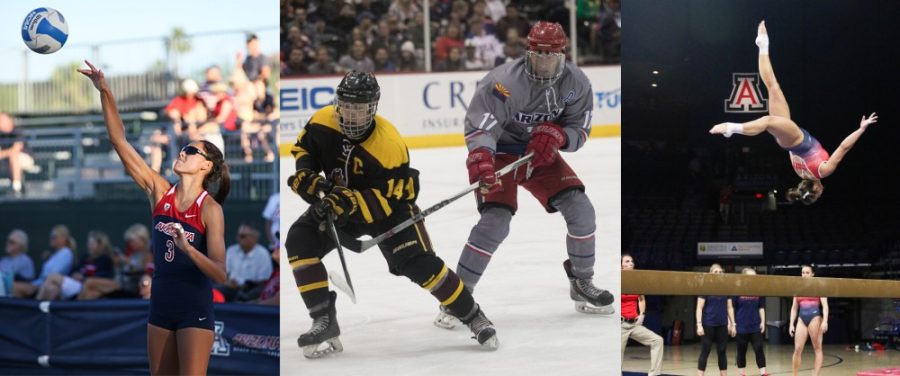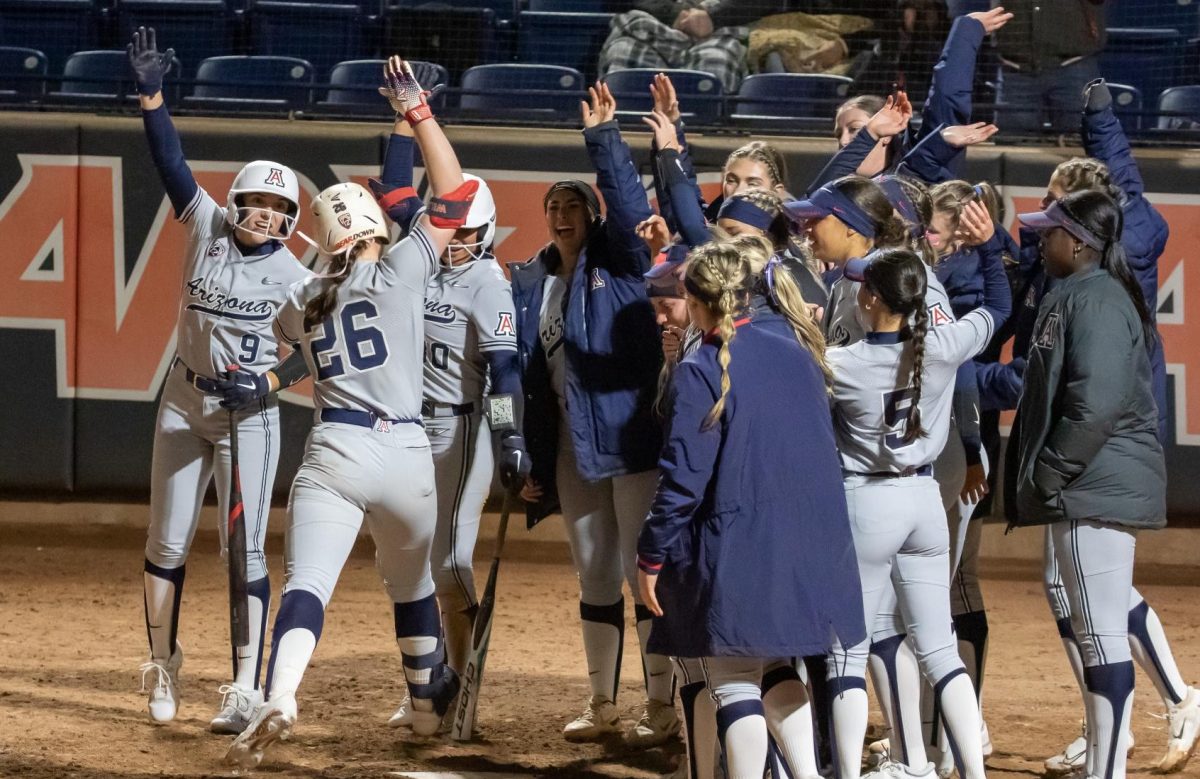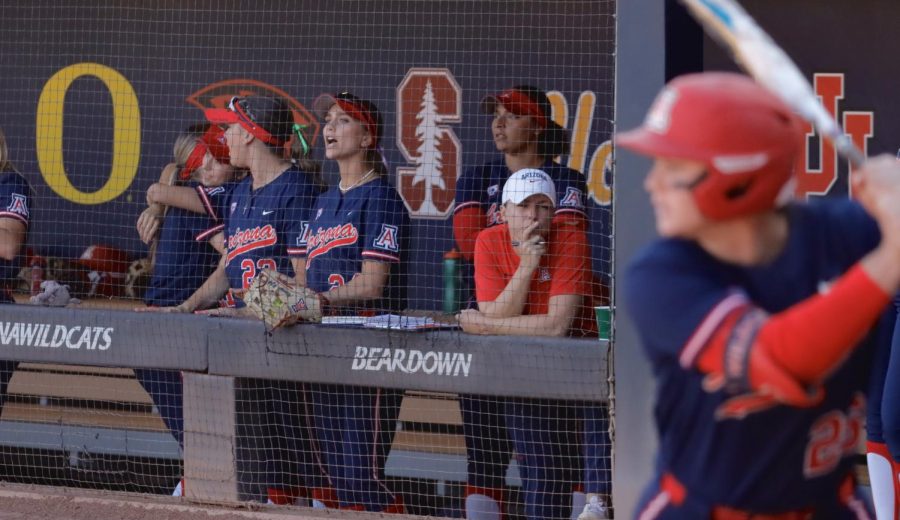RACHEL HUSTON
One of my many dreams is to be an NCAA hockey coach, and later a pro coach, so naturally I took a position teaching a similar sport, lacrosse, to elementary school kids. The second I introduced myself to the students as their coach, I was met with frowns, and displeased grunts of “we can’t have a girl coach; girls don’t know anything about lacrosse.”
It was then it became painfully obvious that a stigma surrounding my biology was still real. Somehow, someone might think my extra set of ribs (among other things) could affect my decision on what players I scratch, what systems I implement, and what players to recruit.
It was an odd contrast to when I’d never been stopped for my gender before. I’d always been the best in my field and at what I do, so I’d never been stopped.
But truthfully, I wasn’t stopped by these elementary kids and their stone-aged thinking. I was still smarter, more skilled, and their coach. What they say and think is only their perception of what I am, not what I actually am.
Six-year-old boys and 60-year-old men can complain all they want that a girl knows more than them, because I know I do, and they can’t stop me.
KELLY MCCARTHY
As much as some of us would like to believe that sexism is hardly prevalent anymore, or that gender stereotypes don’t affect people on a daily basis, the fact remains that sexism can be found in everyday conversations, even if it doesn’t overtly present itself as such.
As a woman pursuing an engineering degree, I’m definitely in the minority. While I haven’t faced any obvious sexism in any of my classes here at the University of Arizona, I have definitely received some surprised faces in response when i tell people my major. When I tell people that I aspire to go to medical school, I often find myself explaining why I wouldn’t rather be a nurse instead.
While I definitely don’t let my female identity stop me from participating in activities, or from striving towards my goals, it’s also not my main motivator. I’m not in engineering just because I’m a female, and I’m not a sports reporter just because I’m a girl.
I’m a STEM major because I truly love science, and I’m a sports reporter because sports have always been a big part of my life.
Realizing that there is much more to our identity than male, or female, is an important step in eliminating strict boxes. Boxes that we either force ourselves into or let others put us into.
SYRENA TRACY
Being a woman in sports journalism comes with many challenges and obstacles with it being such a male-dominated field. There is the impression that since I am a female sports reporter that I may not know as much as my male counterparts, therefore having to prove myself a little more.
For the past four decades women have continued to aim for equality and be taken seriously and although women have taken the steps for change, there is still much to be done. Yes, men may have played sports growing up, but I enjoy the challenge of learning about sports and telling the stories of the athletes.
For me, being involved with sports journalism at the UA and the opportunity of covering sports for the Daily Wildcathas given me the learning opportunity, and strength, to enter the field professionally as a woman when I graduate.
Follow Kelly McCarthy, Syrena Tracy, and Rachel Huston on Twitter









